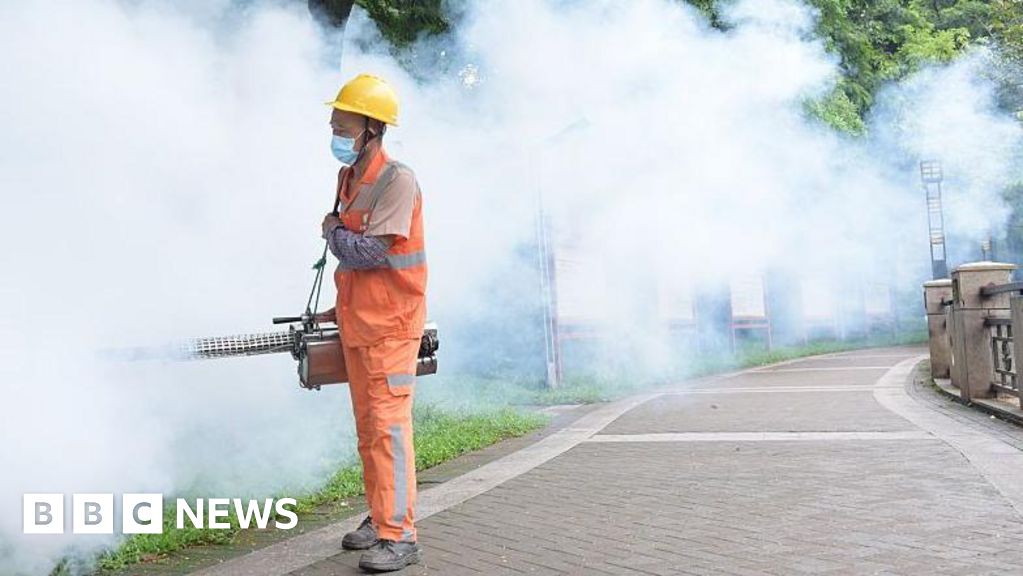China Intensifies Chikungunya Battle as Cases Surge Past 7,000 in Guangdong
China Intensifies Chikungunya Battle as Cases Surge Past 7,000 in Guangdong

Authorities in China’s Guangdong province are implementing “decisive and forceful measures” as the number of chikungunya virus cases has surged past 7,000 since July, with nearly 3,000 new infections reported in the last week alone. The mosquito-borne illness has prompted a public health response reminiscent of the early stages of the COVID-19 pandemic, particularly in Foshan city, the epicenter of the outbreak.
In Foshan, chikungunya patients are mandated to remain hospitalized, with beds protected by mosquito nets, and can only be discharged after testing negative or completing a week-long stay. The virus, spread through infected mosquito bites, causes fever and severe joint pain, which can persist for years. While rare in China, outbreaks are common in South and Southeast Asia and parts of Africa.
The outbreak extends beyond Foshan, with at least 12 other cities in southern Guangdong reporting infections. Hong Kong also confirmed its first case on Monday, involving a 12-year-old boy who had recently traveled to Foshan. Officials emphasize that all reported cases have been mild, with 95% of patients discharged within seven days, and the virus is not contagious between humans.
To curb the spread, Guangdong authorities are urging symptomatic individuals to seek immediate testing and have instructed residents to eliminate stagnant water sources in their homes, with fines up to 10,000 yuan ($1,400) for non-compliance. Innovative measures include the release of “elephant mosquitoes” that prey on chikungunya-spreading bugs and mosquito-eating fish into lakes. Drones are also being deployed in some areas to identify stagnant water. While some initial quarantine orders for travelers from Foshan were implemented, they have since been withdrawn, leading to public debate over the necessity and similarity to past pandemic restrictions.
Disclaimer: This content is aggregated from public sources online. Please verify information independently. If you believe your rights have been infringed, contact us for removal.